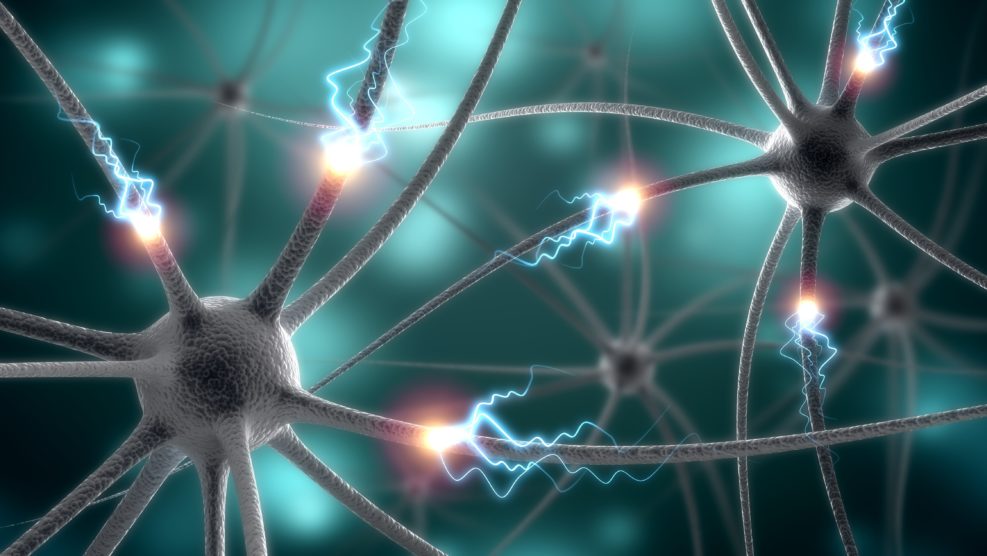
Will Your Life Flash Before Your Eyes When You Die?
Sophisticated neuroscience equipment accidentally captured the complex brain states of the final moments of a dying patient.Recently, researchers were able to study the brain of an 87-year-old patient while administering treatment for epilepsy. Dr Raul Vicente of the University of Tartu, Estonia and colleagues were using continuous electroencephalography (EEG) to detect the seizures but during the recordings, the patient had a heart attack and passed away. Thus they were abled to record the activity of adying human brain: “We measured 900 seconds of brain activity around the time of death and set a specific focus to investigate what happened in the 30 seconds before and after the heart stopped beating,” said Dr Ajmal Zemmar, a neurosurgeon at the University of Louisville, US, who organised the study. “Just before and after the heart stopped working, we saw Read More ›


















